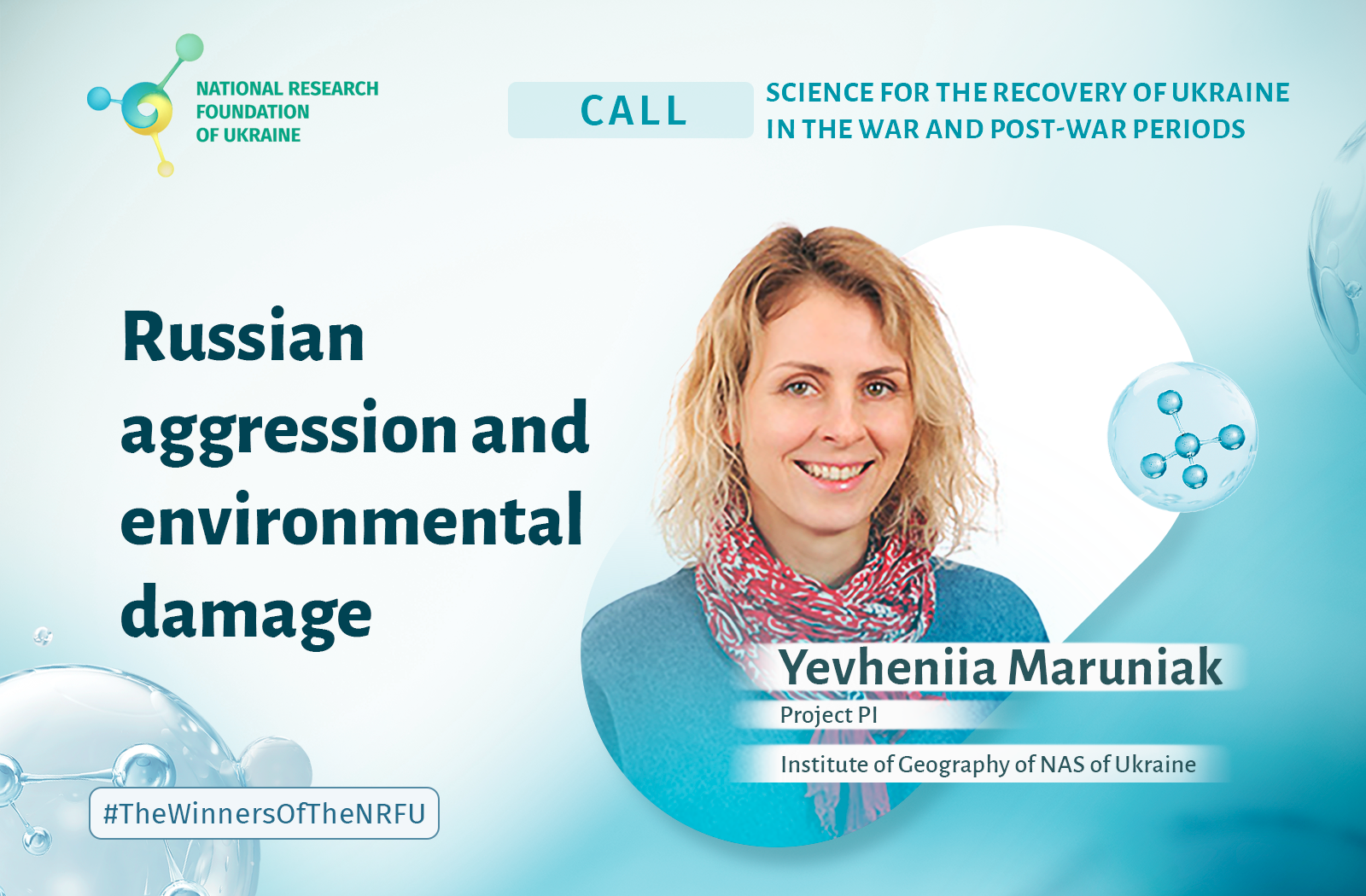We found Oleksandr Varga, the PI of the project ‘Forests of the Past and Present: Systematics, Phylogeny, Faunogenesis and Preservation of Hymenoptera Insect Diversity’ in a remote place in the Carpathians. This summer, just like in previous years, the researcher is working ‘in the field’, studying the life of insects in natural conditions. To get to the location he needed, he rode a bicycle for fifty kilometers and walked another ten uphill.
Oleksandr Varga is a researcher at the Department of Taxonomy of Entomophagous Insects and Ecological Principles of Biocontrol at the I.I. Schmalhausen Institute of Zoology of the National Academy of Sciences of Ukraine. Together with his colleagues, he proposed the idea of the project which was successful in the call ‘Support for Research of Leading and Young Scientists’, organized expeditions and today supports the ‘fighting spirit’ of the team. The team consists of six researchers: three of them are early-career and the other three are world-renowned researchers.
We ask Dr. Varga why he submitted this topic to the call, what the researchers had managed to accomplish before the war and how they feel now.
“Forests in Ukraine are being cut down quickly, so we need to look for new arguments to preserve them,” the researcher answers. “Our goal is to compare the species diversity of Hymenoptera insects in natural and disturbed forests of Polissia and to understand what negative changes in the ecosystem affect the populations of these insects. We also compare the species diversity of Hymenoptera in the Carpathians where there are both clearcuts and natural forests (primitive forests). Another task of the project is to compare the diversity of insects in the present and past eras (in particular, thanks to the specimens that have been preserved ‘canned’ in amber). By the way, Hymenoptera insects are the well-known bees, wasps, ants, and horseflies which are very important for regulating the number of other insects, including harmful ones.”
Talking about the work on the project, the researcher many times uses the phrase ‘for the first time’. Previously, few researchers-biologists got to the areas of Polissia where amber is mined. So, Oleksandr and his team are pioneers in studying the state of biota in the disturbed areas.
By the way, to get to such a forest became quite a challenge for the researchers. To get to the disturbed areas they held negotiations with the local community (who do not like unexpected guests) and managed to get to the disturbed areas.
According to the researcher, these areas are similar to the ‘surface of Mars’. Amber miners first cut down the forest, then dig a several-meter deep hole and begin to wash out amber with the help of a pump. Amber lies at various depths below the soil surface and floats to the surface during leaching. After ‘pumping out’ almost everything, the area is left, and after a dozen years, it begins to gradually recover and become overgrown with new vegetation…
In such areas, researchers set Malez traps (large nets, similar to sharpened tericones). A container with a retainer is attached to the trap hole, once a week or two it must be replaced and the insects that got there must be taken away. Around the main trap, the researchers set Merike traps (yellow plates with a retainer that resemble flowers and attract insects). In addition, researchers attached cups with a viscous retainer that imitates amber to the trees and compared what got ‘into the pine resin’ 35 million years ago and what gets there today.
We ask the researcher: what changes in the environment can insects ‘tell’ about?
“Hymenoptera insects play many roles in ecological niches, they are pollinators, parasites, and predators. The importance of these insects in ecosystems is difficult to overestimate. Therefore, Hymenoptera are an excellent indicator of the processes taking place in the forest,” the researcher explains. “If we found certain species in one part of the forest, and there are none in another, this can be an ‘alarm bell’ about possible negative changes and means that it is necessary to carefully analyze what is happening in this location.”
Researchers had managed to complete a large part of the project before the full-scale russian invasion of our land, and to purchase equipment (for example, modern microscopes) and equipment for expeditions. Currently, the team is working remotely, in particular, processing data, preparing publications. According to the results of the project, more than 20 articles have already been published in international research journals.
The war caught the PI in Poland when he was on a business trip. In spring, he returned and continued his work in the Carpathians. Both he and his team hope that the grant funding will be restored, the areas will be demined, and they will continue their research in Polissia in the near future.
Svitlana GALATA





